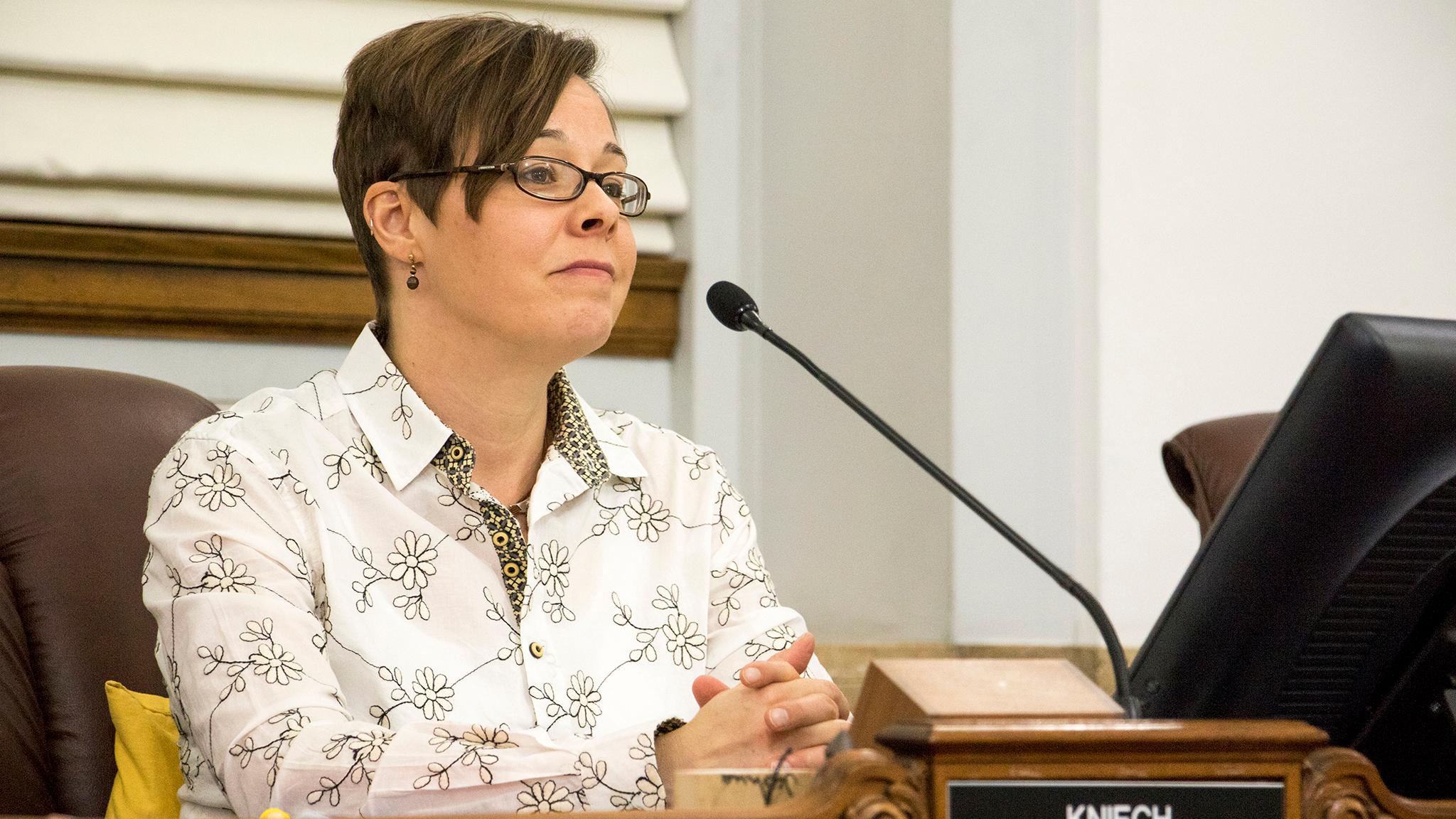Denver families whose incomes aren't keeping up with rising costs -- including their tax bills -- are eligible for some relief under a change adopted by the Denver City Council on Monday.
The council approved without discussion the proposal to expand a 69-year-old program that originally offered annual property tax refunds to older residents and later included people with disabilities. With Monday's change, homeowners with at least one child under 18 and a household income at or below 40 percent of the area median also will be eligible for rebates.
Renee Martinez-Stone, a development and planning consultant who has been working with West Denver neighborhoods experiencing gentrification, welcomed the change. It's well-known that higher rents often accompany gentrification. Property values, and with them property taxes, also increase, putting pressure on a neighborhood's longtime homeowners who may be older and on a fixed income or earn low wages that aren't increasing.
"There are low-income families who are losing their place in the neighborhoods they helped to make unique and special," Martinez-Stone told Denverite.
She called the tax refund program a useful tool.
"We need a whole toolbox," she added.
Martinez-Stone's West Denver Renaissance Collaborative is a nonprofit working on developing other tools to help residents stay in neighborhoods being transformed from neglected to coveted. The collaborative's strategies include a project to help homeowners build accessory dwelling units to be rented at below-market rates, creating both a source of income for the homeowners and more affordable housing for their neighborhoods.
Julie Patiño, who directs the Denver Foundation's Basic Human Needs project, said amid Denver's housing crisis the refund step was "some good news."
Patiño had recently heard from a family that had found a home after experiencing homelessness only to encounter an unexpectedly high tax bill.
"It almost displaced them again," she said. The family was in the end able to make the payment.
Under the expanded refund program, expected to start in May, city staff estimate homeowners will get back between $400 and $500 dollars in property taxes. According to data compiled by Denver Human Services, under the old program refunds for homeowners averaged around $430 in the 2013, 2014 and 2015 tax years and rose slightly to around $450 in 2016. So far, figures for 2017 show the average refund is around $450. Applications for the 2017 tax year can still be submitted until April 30.
The numbers of refunds are not huge -- Denver Human Services put the total at 675 for 2013; 651 for 2014; 626 for 2015; 501 for 2016; and 305 so far for 2017.
"We anticipate that as eligibility is expanded the numbers of people served will increase," Amy Fidelis, Denver Human Services' deputy director for marketing and communications, said in an email.
Fidelis added efforts to raise public awareness about the program would be increased "as it has been historically underutilized."
The refunds are made on a first-come, first-served basis. Once funds run out, no more refunds would be issued unless a new appropriation was made. Fidelis said the program's budget has never been fully used since her department took over management from Treasury in 2016. In 2018, $3.1 million was appropriated for the program, and $5.6 million for 2019, Fidelis said.
The old program included assistance for tenants who were over 65 or disabled whose rents were increased because landlords' property taxes rose. The rental part of the program, which will continue but was not expanded, saw average refund amounts similar to those made to homeowners, but many more participants. Nearly 3,000 tenants got refunds in the 2013 tax year and again in 2014. That dropped to just over 2,400 in 2016 and so far this year more than 1,900 participants have been processed.
Adds details on rental part of the refund program.













